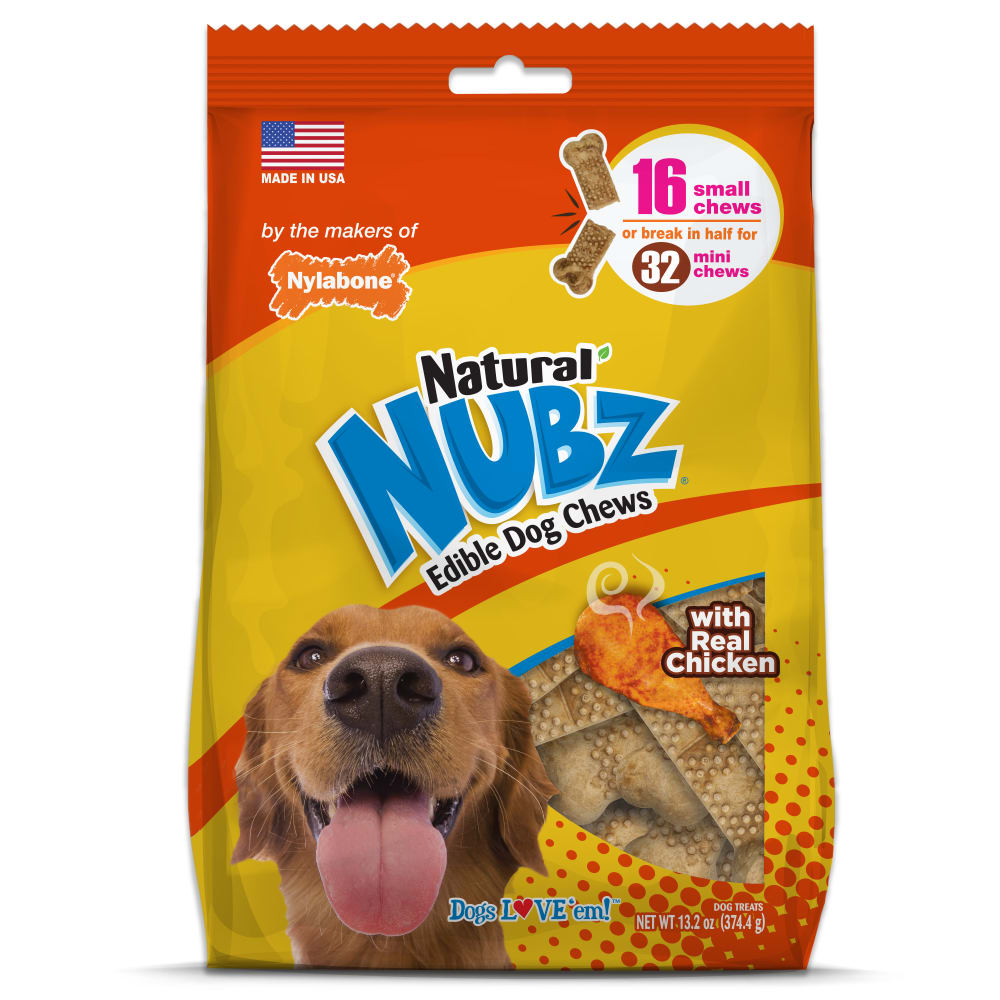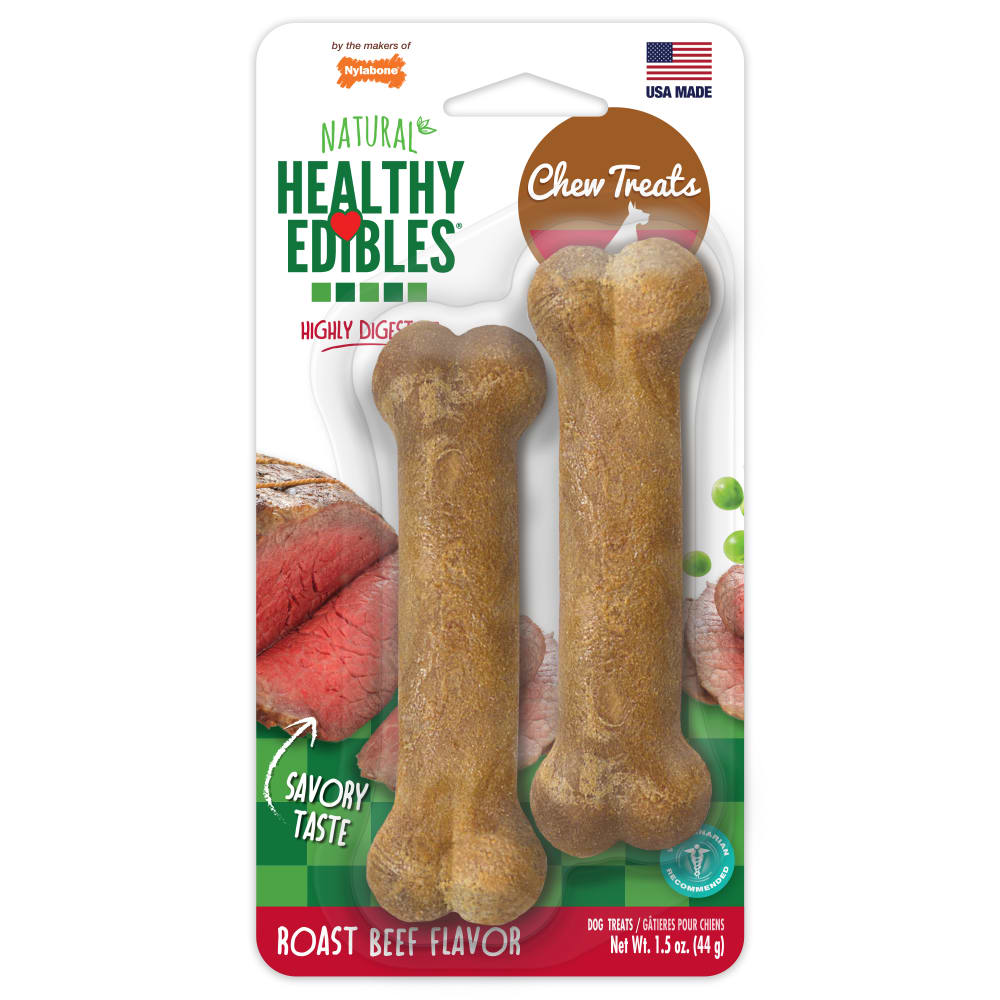Wintertime Tips for Dog Parents
Winter is finally here! Some areas of the country have been unusually warm, while others are experiencing cold temperatures and lots of precipitation. But no matter where we live, most of us will face some extra challenges with our pets during the winter season.
My dogs love the snow. They roll in it, making "snow angels," run gleefully through it, and eat it. Lots of dogs love the snow and cold weather. However, if your dog is shorthaired, shaved, or elderly, snow and chilly temperatures may not be nearly as attractive. Those dogs need some extra help to weather the cold!
Winter Wear
Wintertime is your chance to indulge your dog's inner fashionista. Your shivering pooch may enjoy the comfort of a nice warm coat, jacket, or sweater. Jackets and coats are often best for outdoors because the material provides a windbreak as well as warmth, while a sweater might be appreciated in a drafty house. Make sure that outerwear fits comfortably. Check the armpits and neck area for irritation. Also, be aware that your dog may get warm running around in a jacket. Watch for panting, and feel under the jacket periodically to be sure he isn't overheating.
Paw protection is a good idea for harsh weather conditions. Boots help to keep feet warm and can also block out road salt and other ice-melting products that could be harmful to your dog. Try boots on in the house, where you can figure out how to get them on and get them to stay on while both you and your dog are warm and dry. Don't be surprised if he walks like a prancing pony when he first wears them. Most dogs adjust—food treats are helpful here—plus your dog will quickly come to associate the boots with going out for a walk.
Consider wax products used by sled dog fanciers. These waxes can prevent snow buildup on the paw pads and help to block harmful chemicals. Don't let your dog lick his paws right after application; apply the wax right before you head out, and keep him moving.
Snow Maintenance
Dogs really appreciate some shoveling if you get deep snow in your area. Snow blowing or shoveling an area where your pup can potty is especially helpful—many dogs, especially females, don't want to have to squat in snow. Clear an extra area if you can so that your dog can run and play a bit too.
Big dogs seem to enjoy chugging through drifts if the snow is light and fluffy, but small dogs can feel overwhelmed. Wet, heavy snow can lead to muscle and tendon injuries if your dog tries to run hard or retrieve through it. Limit play in this type of snow.
Some dogs won't appreciate the outdoors in cold weather despite a coat and boots. It's important for your dog to get some fresh air, though, even if it is only for "pee breaks." Make the outdoor excursion quick, keep him moving while outside, and then zip back indoors. Once inside, while you make some hot chocolate for yourself, give your pup a dish of warm low-sodium broth. This low-calorie but very tempting treat will help to thaw him out!
Small dogs tend to get cold faster than large or medium-sized dogs do, no matter how much coat they have. Take size into consideration and head for shelter before your pup starts shivering! Dogs can chill quickly in temperatures under 20°F or in wet, windy conditions.
Winter Sports & Games
Larger, furry dogs may enjoy winter sports like sledding, weight pulling on snow, or skijoring (pulling you on cross-country skis). Keep in mind that your dog will need water to drink when engaged in vigorous physical activity, so carry a thermos with warm water. (Many mushers bring warm stews for their dogs post-race.) Follow warm-up and cool-down protocols just as you would with vigorous activity in warm weather.
For those coldest of days, provide your dog with safe indoor activities. Small dogs can retrieve a ball rolled down a carpeted hallway. Dogs of all sizes may enjoy trick training or a stimulating game of hide-and-seek. Mental exercise will wear your dog out just like physical exercise does.
Some dogs are lucky to have "snowbird" families. If you travel with your dog to a warm area during the winter, remember that he will need some time to acclimate to the warmer temperatures. Provide plenty of cool water and ensure that he has shade outdoors. If you discontinued your heartworm medication up North, remember that your dog will need it while in the warmer climate and for a month or two after you return home. The same applies to flea preventives.
Deb M. Eldredge, DVM, is a Cornell graduate and horse lover from early childhood. She was active in 4-H and Pony Club and has competed in various horse show venues, competitive trail rides, and small three-day events. Dr. Eldredge is also an award-winning writer with the Cat Writers Association and the Dog Writers Association of America. She lives in upstate New York on a small farm with 3 elderly horses, 1 miniature horse, 2 donkeys, and various other animals.
FOLLOW US!






